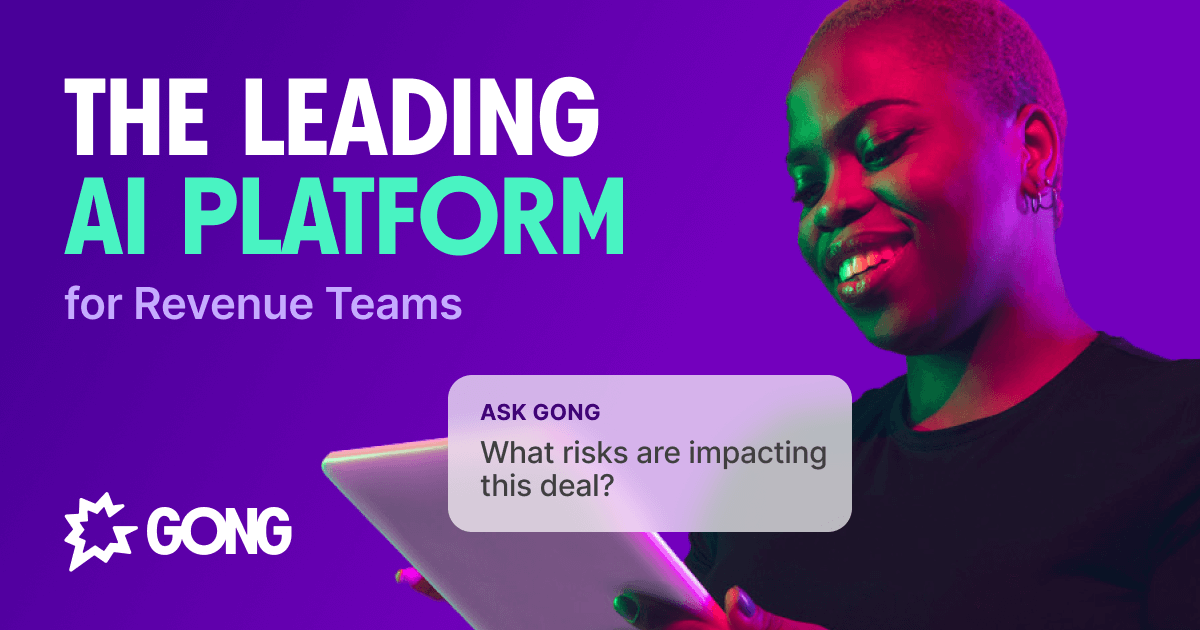

S. Bhati
6. Aug. 2024
Artificial Intelligence is not just enhancing business development; it’s revolutionising it, turning data into powerful strategies that drive growth, innovation, and a competitive edge in an increasingly complex market.
Artificial Intelligence (AI) will no longer be a buzzword in business development; it will drive innovation, efficiency, and competitive advantage across industries. As companies face increasingly complex markets, AI is stepping in to offer powerful tools for strategic decision-making, customer engagement, and operational excellence. From small startups to global enterprises, AI is revolutionising how businesses grow and adapt to new challenges. Here’s how AI reshapes business development and what it means for the future.
1. AI-Driven Market Analysis: Navigating Complexity with Precision
In a world where market dynamics shift rapidly and consumer preferences evolve overnight, staying ahead of trends is more challenging than ever. This is where AI’s ability to process vast amounts of data at lightning speed becomes invaluable. AI-driven market analysis tools transform businesses' understanding of their markets, competitors, and customers.
According to a report by McKinsey & Company, companies that leverage AI for market analysis see a 10-15% improvement in their forecasting accuracy, leading to more informed strategic decisions. These AI tools analyse patterns in customer behaviour, economic indicators, and competitor activities, providing businesses with real-time insights that would be impossible to obtain through traditional methods.
For example, AI-powered platforms like Crayon and Klue are helping companies monitor competitors’ moves, track industry trends, and predict market shifts. By synthesising data from various sources, these platforms provide actionable insights, enabling businesses to refine their strategies confidently, launch new products, and enter new markets.
2. AI in Customer Relationship Management: Personalisation at Scale
One of AI's most significant impacts on business development is its ability to enhance customer relationship management (CRM). In 2024, personalisation will no longer be a luxury but a necessity. Consumers expect tailored experiences and businesses that fail to deliver risk losing their competitive edge.
AI-driven CRM systems like Salesforce’s Einstein and HubSpot’s AI tools are leading the way in creating personalised customer experiences at scale. These systems analyse customer data to predict preferences, optimise communication strategies, and recommend products or services. According to a study by Gartner, businesses that use AI in their CRM systems see a 20% increase in customer satisfaction and a 15% boost in sales.
Beyond improving customer satisfaction, AI-powered CRM tools help businesses identify high-value leads, automate follow-up processes, and predict customer churn. This level of insight and automation allows sales and marketing teams to focus on what they do best—building relationships and closing deals—while AI handles the heavy lifting behind the scenes.
3. AI-Powered Sales Optimisation: Turning Data into Revenue
In today’s competitive landscape, sales teams are constantly pressured to deliver results. AI is stepping up to the challenge by providing tools that optimise every stage of the sales process, from lead generation to closing deals. AI-powered sales platforms like Gong and InsideSales.com are transforming sales teams' operations, offering data-driven insights that lead to higher conversion rates and increased revenue.
These platforms analyse sales calls, emails, and meetings to identify patterns that lead to success or failure. By understanding what works and what doesn’t, AI helps sales teams refine their strategies, improve their pitches, and close more deals. A report by Harvard Business Review found that companies using AI-driven sales tools experience a 30% increase in lead conversion rates and a 40% reduction in sales cycle times.
Moreover, AI enables predictive sales analytics, where algorithms forecast which leads are most likely to convert and recommend the best actions. This level of precision allows businesses to allocate resources more effectively, prioritise high-value opportunities, and, ultimately, drive revenue growth.
4. Challenges in AI Integration: Navigating Data Privacy and Ethical Concerns
While AI's benefits in business development are clear, integrating these technologies has challenges. One of the most pressing issues in 2024 is data privacy. With AI systems relying heavily on data, businesses must navigate the complexities of data protection regulations like GDPR in Europe and CCPA in California.
A study by PwC revealed that 58% of businesses consider data privacy the most significant barrier to AI adoption. Companies invest in robust data governance frameworks to address this and ensure their AI systems comply with the latest regulations. Additionally, transparency and ethical AI practices are becoming increasingly important as consumers demand to know how their data is used and how AI-driven decisions are made.
Another challenge is the potential for AI to perpetuate bias in decision-making. As AI systems learn from historical data, they can inadvertently reinforce existing biases, leading to unfair outcomes. To mitigate this risk, companies are developing AI models that are more transparent and include bias-detection mechanisms. For instance, IBM’s AI Fairness 360 toolkit is helping businesses build fairer AI systems by providing algorithms and metrics to detect and mitigate bias.
5. The Future of AI in Business Development: From Automation to Innovation
Looking ahead, the role of AI in business development is set to expand even further. As AI technologies become more sophisticated, businesses will move beyond automation to innovation, using AI to create new business models and revenue streams. For instance, AI-driven product development enables companies to design and test new products faster and more efficiently.
Furthermore, AI is poised to play a critical role in decision intelligence, providing insights and recommending actions and strategies. This shift will see AI become a key partner in the boardroom, helping executives make smarter, data-driven decisions in real-time.
A report by Accenture predicts that by 2030, AI could contribute up to $15.7 trillion to the global economy, with the most significant gains in productivity and innovation. The opportunities for growth and competitive advantage are immense for businesses that embrace AI now.
Conclusion
AI will transform business development from a reactive process to a proactive strategy, enabling companies to navigate complexity, personalise customer experiences, and optimise sales with unprecedented precision. While data privacy and ethical concerns remain, AI's potential to drive innovation and growth is undeniable. As businesses continue integrating AI into their operations, those harnessing its power will be well-positioned to lead in an increasingly competitive global market.
Algorithms and data are writing the future of business development, and for those who master these tools, the possibilities are limitless.









